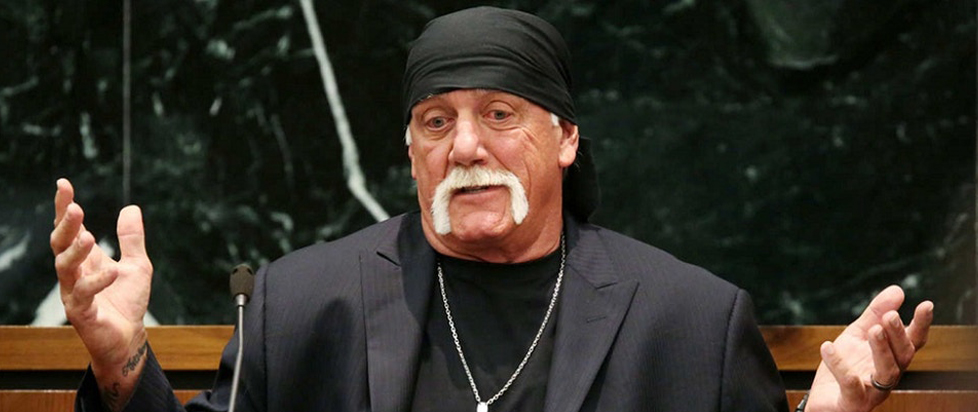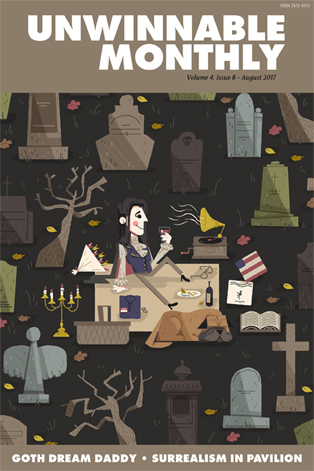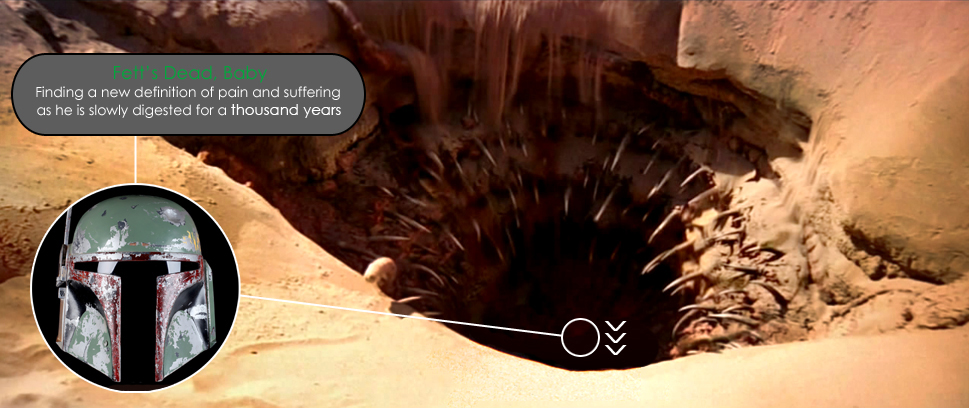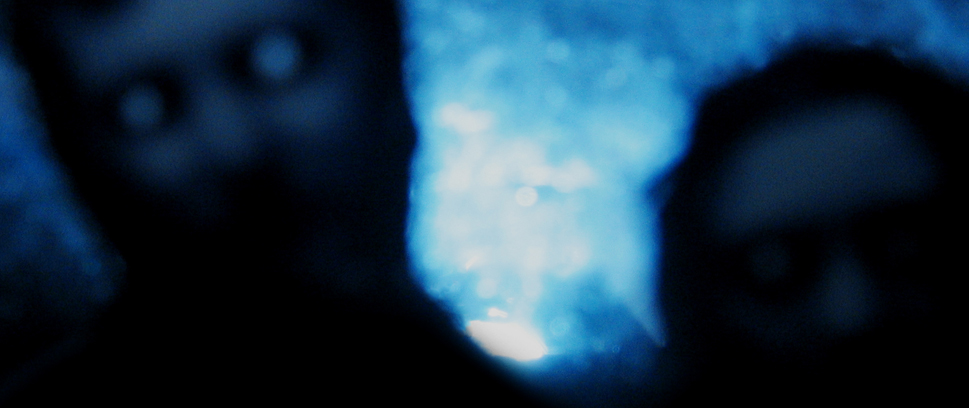
Nobody Speak
 Every week, Megan Condis and a group of friends get together for Documentary Sunday, a chance to dive into the weird, the wacky, the hilarious and the heartbreaking corners of our culture. This column chronicles all of the must-watch documentary films available for streaming.
Every week, Megan Condis and a group of friends get together for Documentary Sunday, a chance to dive into the weird, the wacky, the hilarious and the heartbreaking corners of our culture. This column chronicles all of the must-watch documentary films available for streaming.
———
This column is a reprint from Unwinnable Monthly #94. If you like what you see, grab the magazine for less than ten dollars, or subscribe and get all future magazines for half price.
———
It’s time the face the truth, brother.
In professional wrestling there is this principle called “kayfabe” which refers to an above-and-beyond commitment to the reality of obviously and patently unreal events. Kayfabe dictates that wrestlers should never break character at any time and should never acknowledge the scripted nature of their performances. They should never reveal the backstage machinations that go into producing storylines and rivalries to their fans or to the press.
Kayfabe is the perfect analogy for our current media climate in which rival media companies pedal distinct realities to their viewers based on the agendas of their corporate owners. Journalists are being pressed into their own kind of kayfabe, one in which reality distorts through the lens of the power, politics and personal wealth of a few old rich white men. Our president is a prime example of the type of figure who prospers in this kind of environment. Take, for instance, his fact-defying claim that his inauguration was attended by “the largest audience to ever witness an inauguration, period, both in person and around the globe.” Or his insistence that the only reason he lost the popular vote was because of “voter fraud” in New Hampshire, Virginia and California. Or his penchant for calling any coverage he doesn’t care for “fake news.” Or his reliance on what his administration has called “alternative facts.” Perhaps President Trump learned everything he knows about politics from the master of kayfabe at the WWE, Vince McMahon, who inducted Trump into their Hall of Fame in 2013.
[pullquote] Knappenberger captures the irony of a world in which the political party that constantly complains about “snowflakes” and “safe spaces” is so thin-skinned that they want to dismantle the fourth estate. [/pullquote]
So it makes a strange kind of sense that a professional wrestler would be at the center of a plot to undermine the freedom of the press on behalf of a billionaire Trump supporter. Nobody Speak: The Trials of the Free Press (2017) is chronicle of Hulk Hogan’s lawsuit against Gawker Media, which turned out to be a front for a deeper, more insidious political agenda.
The ridiculousness of the lawsuit, which revolved around Gawker’s publication of Hogan’s sex tape with the wife of radio host Bubba the Love Sponge, was the perfect cover for Peter Thiel, the co-founder of PayPal and an early investor in Facebook, to secretly fund a war against the gossipy online news outlet he called “a singularly terrible bully.” And, indeed, a cursory survey of Gawker headlines provided by the film for our infotainment reveals that the tone of the publication could hardly be called “polite.”
But as director Brian Knappenberger deftly argues, there is more at stake in this case than the fate of a single company. Experts on the first amendment worry that the precedents being set by the case, which caused Gakwer and several of its employees to declare bankruptcy, would open the door to other billionaires who might want to buy positive news coverage for themselves or to silence their critics in the media.
In fact, we are already seeing evidence of this. Once again, the current occupant of the White House lead the charge, revoking the press credentials of the Washington Post and boasting that he would “open up our libel laws so when they write purposely negative and horrible and false articles, we can sue them and win lots of money.”
Knappenberger captures the irony of a world in which the political party that constantly complains about “snowflakes” and “safe spaces” is so thin-skinned that they want to dismantle the fourth estate. As one of the experts interviewed in the film says, Gawker may or may not be worth protecting in and of itself. But by allowing Thiel to take on Gawker via Hogan we may have made possible a future in which the press is muzzled by their fear of lawsuit-happy politicians and CEOs that is incapable of doing its job: exposing the stories that the rich and powerful don’t want us to know about.
What are you gonna do when the forces aligned against the freedom of the press run wild on you? Let’s hope we don’t have to find out.
———
Megan Condis is an Assistant Professor of English at Stephen F. Austin State University. Her book project, Gaming Masculinity: Trolls, Fake Geeks, and the Gendered Battle for Online Culture, is under contract with the University of Iowa Press.




